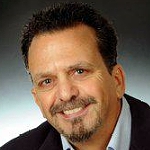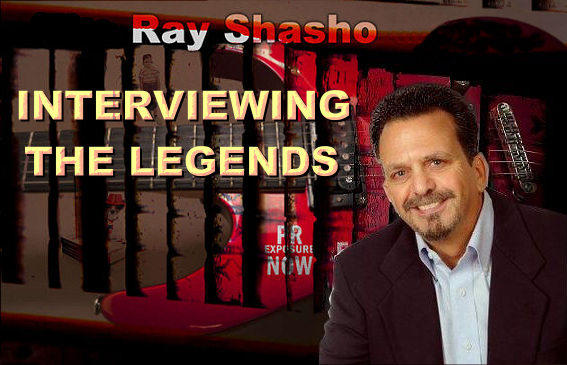Interviewing The Legends

Interviewing The Legends is devoted to promoting authors and musicians worldwide. Ray spotlights exclusive interviews with both legendary and up and coming artists. Ray also features the movers and shakers of the music and publishing industries and suggests important methods for getting the most out of your public relations and marketing methods.
Important links:
https://www.publicityworksagency.com/ Publicity Works Agency
https://www.classicrockmusicwriter.com/ The Classic Rock Music Reporter
http://www.classicrockhereandnow.com/ Classic Rock Here and Now
https://www.musictriedandtrue.com Music Tried and True
Guest, Dionne Warwick

D I O N N E
W A R W I C K
INTERNATIONAL SUPERSTAR
THE LEGENDARY SINGER WITH 6 GRAMMY AWARDS
"SHE'S BACK" LATEST RELEASE
E X C L U S I V E
on INTERVIEWING THE LEGENDS with RAY SHASHO
In 1962, Warwick released her first single, "Don't Make Me Over." It became a hit the following year. A typo on the record led to an accidental name. Instead of "Dionne Warrick," the label read "Dionne Warwick." She decided to keep the new moniker and went on to greater chart success. In 1964, Warwick had two Top 10 singles with "Anyone Who Had a Heart" and "Walk On By"—both penned by Bacharach and David. "Walk On By" was also her first No. 1 R&B hit.
More hits, including many written by Bacharach and David, followed as the 1960s progressed. "Message to Michael" made the Top 10 in 1966, and her version of "I Say A Little Prayer" climbed as high as the No. 4 spot the following year. Warwick also found great success with her contributions to movie soundtracks. The theme song for the 1967 film Alfie, starring Michael Caine, was a solid success for her, as was "Valley of the Dolls," from the 1968 movie of the same name.
In 1968, Warwick had other hits, including her trademark tune "Do You Know the Way to San Jose," which earned Warwick her first Grammy Award. That same year, Warwick made history as the first African-American woman to perform for Queen Elizabeth II in England.
Warwick reached the top of the pop charts for the first time in 1974 with "Then Came You," which she recorded with the Spinners. But then Warwick suffered a career slump for several years. In 1979, she made a triumphant return to the charts with the ballad "I'll Never Love This Way Again." She also soon became a fixture on television with the music program Solid Gold, which she hosted in the early 1980s. Warwick also had several successful collaborative efforts. In 1982, she made the charts with "Friends In Love" with Johnny Mathis, and "Heart Breaker" with Barry Gibb.
Around this time, Warwick scored one of the biggest hits of her career with "That's What Friends Are For." Stevie Wonder, Elton John and Gladys Knight also appeared on this 1985 No. 1 hit, which was an AIDS charity single written by Bacharach and Carole Bayer Sager. "Love Power," her duet with Jeffrey Osbourne two years later, marked her next major hit.
In 2012, Warwick celebrated her 50th year in music with the album Now. The recording features songs written by Bacharach and David. She once explained her longevity to Jet magazine, saying, "I really attribute it to remaining who I am and not jumping ship, being completely cognizant of what the people ... are accustomed to hearing from me."
Purchase Dionne Warwick’s latest CD 'She’s Back' at Amazon
For more information about Dionne Warwick
visit










